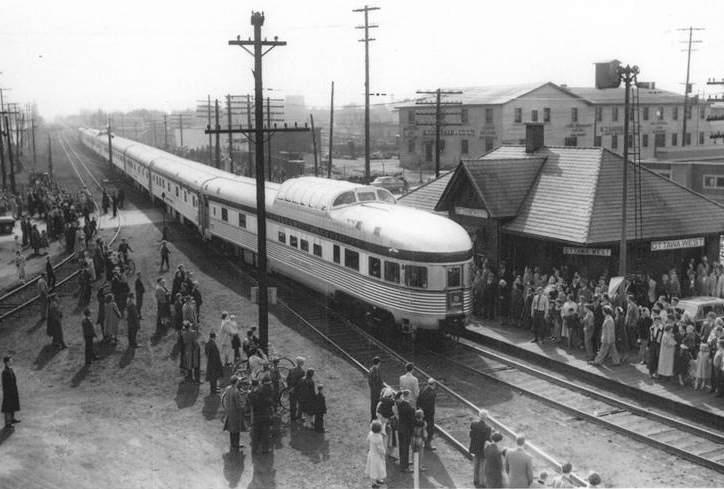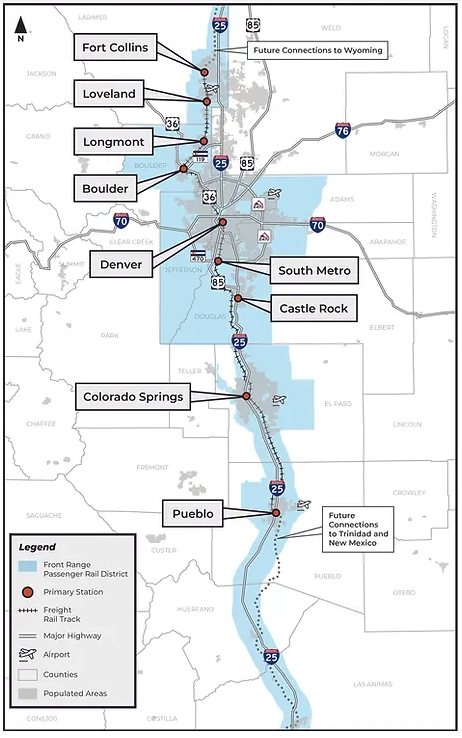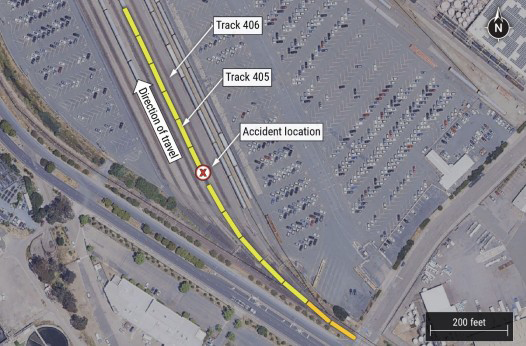
CHARLOTTE, N.C. — The Charlotte City Council has voted to purchase 22 miles of a Norfolk Southern rail line for a long-discussed commuter rail project, and to seek a 1-cent sales tax increase to pay for a transportation plan including the Red Line project.
In a vote this evening (Tuesday, Sept. 3), the council voted 10-1 in favor of both items, the Charlotte Observer reports.
The city would pay NS $91 million — $74 million for the O Line right-of-way to Davidson, north of Charlotte, and $17 million for 1.6 acres of land near a downtown station site [see “Charlotte would pay Norfolk Southern $91 million …,” Trains News Wire, Aug. 27, 2024]. There is also an option to purchase an additional 7 miles of right-of-way to reach Mount Mourne for $17.75 million. That trackage had been part of the original Red Line plan, but plans have been scaled back because of resistance in Iredell County, which includes Mount Mourne.
The city will use short-term debt to purchase the line, and would reimburse itself with money from the sales tax, which would require approval by the state legislature. The one council member who voted against both measures, Tariq Bokhari, is one of two Republicans on the city council. He questioned whether the Republican-controlled legislature will approve the tax legislation, which would also face approval by local voters in a November 2025 ballot initiative.














A lot of government functions in Charlotte are city/county operations. It is not the Charlotte Police Dept. It’s the Charlotte-Mecklenburg Police Dept.
The one cent sales tax request applies county wide, just as the current transit sales tax does. Mecklenburg county FYI.
Okay got it thanks for correction.
As best I know, Charlotte is a separate city from its suburbs. Nashville-Davidson, Miami-Dade, Toronto, and a few other cities have metro government but as far as I know Charlotte is a traditional core city with a metro area.
If I understand the article correctly, Charlotte is attempting to tax itself to support transportation in the suburbs.
It’s easy to see how this plays out. Consider a resident of heavily-taxed Milwaukee (or Milwaukee County). That person cannot escape Milwaukee City or Milwaukee County sales tax by buying a car in Waukesha, because the car’s title will gives the purchaser’s address. But for any other purchase, say furniture or electronics or clothing, the Milwaukee resident can drive to Waukesha and pay sales tax at the suburb’s rate, not the central city’s rate. Thus when the central city (or its county) raises sales tax, the big winner is the suburb.